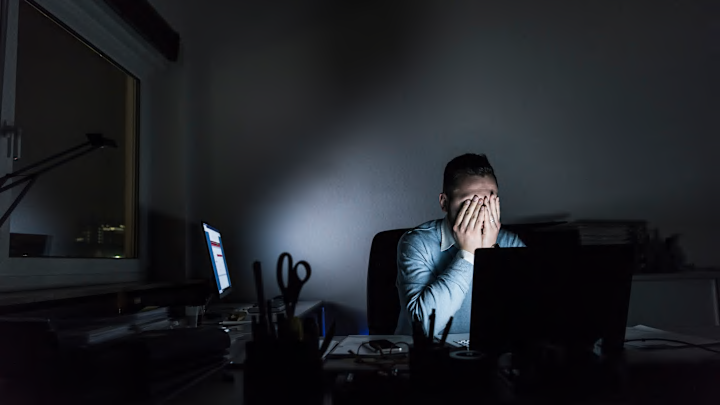“I’m tired” is something we’ve all said before, whether after a long workday or when we first wake up. But what if the feeling is more than that? While fatigue and tiredness often get tossed around like they mean the same thing, they’re pretty different. They may feel similar, but understanding the difference can greatly impact your well-being.
What Is Tiredness?
According to WebMD, tiredness is usually a short-term lack of energy that often improves with sleep or rest. UnityPoint Health notes that feeling tired is far more common than experiencing fatigue. Research shows just how widespread it is: The CDC found that 13.5 percent of adults aged 18 and older reported feeling very tired or exhausted most days or every day over three months in 2022. On top of that, women reported higher rates of feeling tired than men.
What Is Fatigue?
Fatigue is more extreme. A fatigued individual undergoes consistent mental or physical exhaustion to the point where the feeling impacts their lives. For example, they may be constantly unable to concentrate during work or school hours. They may even feel apathetic towards things they typically enjoy or lose motivation to do activities.
Three common types of fatigue—physiologic, secondary, and chronic—are categorized by how long they typically last and their causes. Physiologic fatigue results from the patient’s lifestyle, such as poor sleep or mental strain, and usually improves when their habits are adjusted. Secondary fatigue is caused by another medical condition, including cancer, heart disease, and depression, and typically lasts one to six months. Someone with secondary fatigue will typically gain their energy back after medical treatment. Chronic fatigue lasts longer than six months and treatment usually focuses on symptom relief. (A related condition, myalgic encephalomyelitis/chronic fatigue syndrome or ME/CFS, is a serious illness with digestive and cognitive symptoms in addition to extreme fatigue).
Common causes of feeling fatigued and tired often overlap, which explains why people confuse the definitions. The UK’s National Health Service shares that people can experience fatigue or tiredness because of several factors, including poor dietary choices, insomnia, exercising too much or too little, and depression. If you’re feeling fatigued or tired and can’t figure out why, it’s a good idea to check in with a doctor.
Read More About Health:
